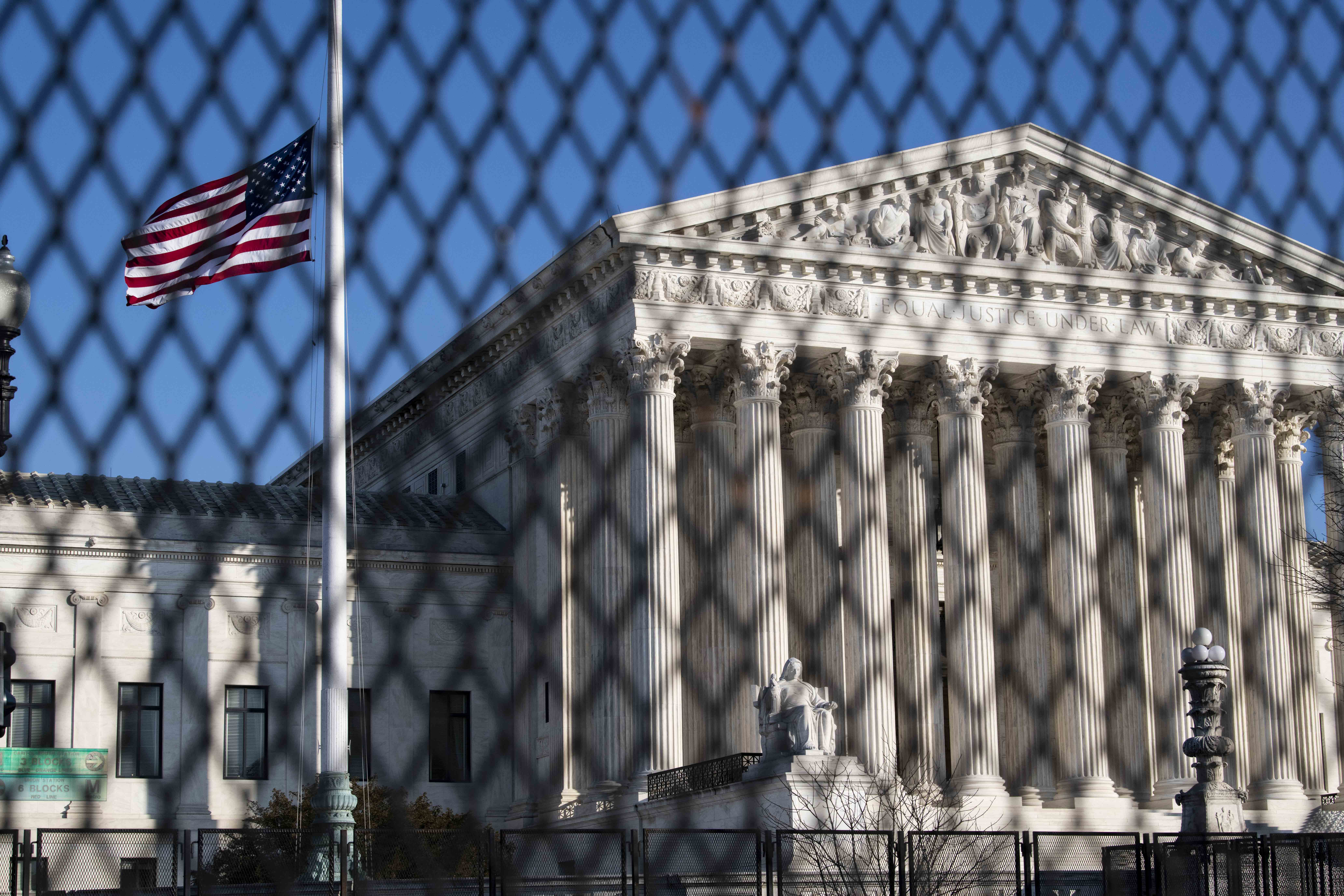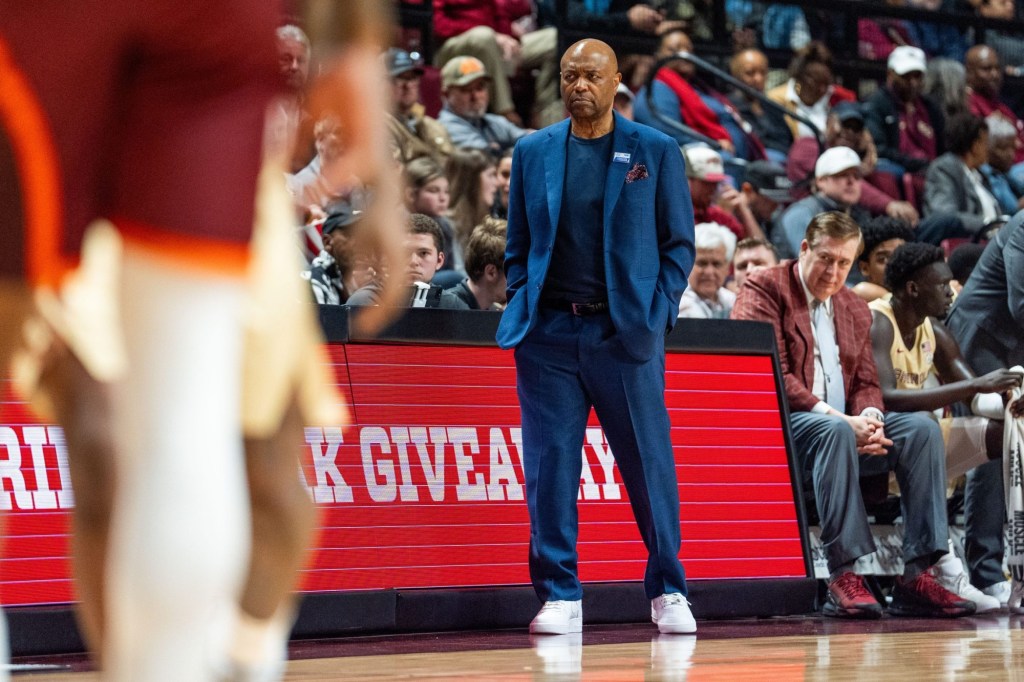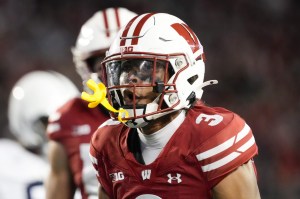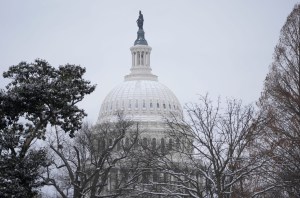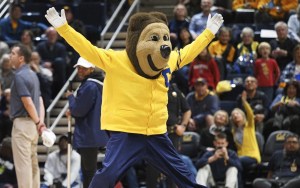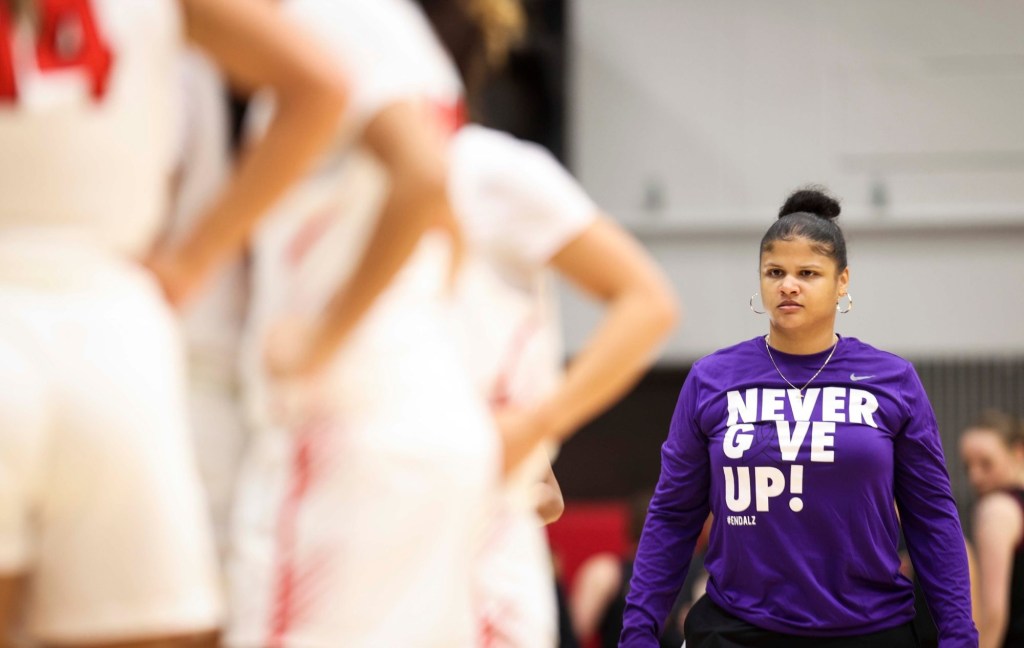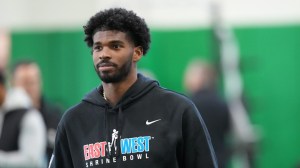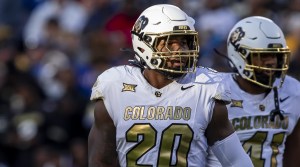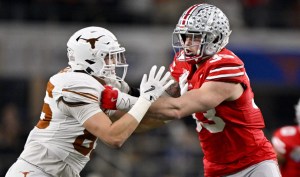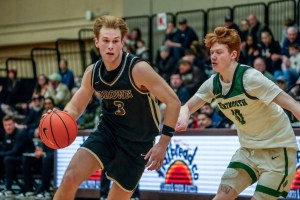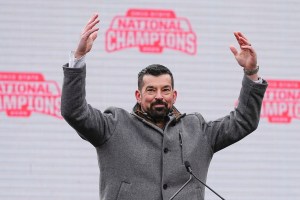The NCAA and FBS conferences have submitted opening briefs for what could be a landmark Supreme Court case, NCAA v. Alston, and its conjunction case, AAC v. Alston.
The arguments at the March 31 hearing will center around whether the NCAA violates antitrust law by limiting the “education-related” benefits for football or basketball players.
Based on the briefs, the NCAA will continue to espouse a decades-old legal argument. The Supreme Court will decide whether the argument still holds, and whether the NCAA must alter its entire business model.
The Big Deal About Antitrust
Whether the NCAA is violating antitrust law — and whether it can secure an exemption from Congress or the Supreme Court — could influence:
- Whether the NCAA could use an antitrust exemption to prohibit group licensing and the portrayal of real athletes in EA’s new college football video game
- Whether it could prohibit athletes from being subject to employment law
- Whether its business model can continue to rely upon not paying athletes
Old Argument is New Again
They continue to center their legal arguments around the “amateurism” argument, their briefs revealed.
The NCAA claims its product is popular with fans because athletes are amateurs — meaning they’re unpaid. By compensating athletes for playing, the argument goes, college sports lose their competitive luster in the sports market.
“The NCAA amateurism principle has governed college sports for generations, and has been recognized by courts as central to the enterprise throughout that time,” the Big Ten’s brief said. “It cannot be seriously contended that the eligibility rules were created to disguise an anticompetitive conspiracy.”
